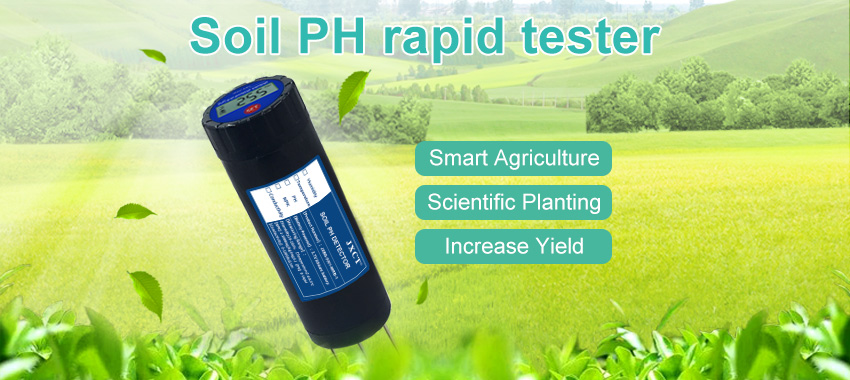Agriculture is a complex and dynamic industry that requires careful management to achieve optimal crop yield and quality. Soil is a critical component in agricultural production, as it provides the essential nutrients and water required for plant growth. However, soil conditions can vary significantly within and between fields, necessitating precise monitoring and management strategies. Soil sensor technology has emerged as a promising solution for improving crop yield and quality through precision agriculture. This article explores the potential of soil sensors in enhancing agricultural production and sustainable farming practices.

Overview of Soil Sensor Technology:
Soil sensor technology refers to a set of tools and devices designed to measure various parameters related to soil conditions, such as moisture content, temperature, pH level, nutrient levels, and salinity. These sensors can be deployed at different depths within the soil profile to provide accurate and real-time data on soil conditions.
Precise Irrigation Management:
Water is a scarce resource, and its efficient use is essential for sustainable agriculture. Soil sensors enable precise irrigation management by monitoring the moisture content of the soil, allowing farmers to apply water where and when needed. This targeted approach reduces water waste, minimizes the risk of overwatering, and improves crop yield and quality.
Optimal Nutrient Management:
Plants require specific nutrients in varying amounts throughout their growth cycle. Soil sensors can measure nutrient levels in the soil, enabling farmers to apply fertilizers accurately and optimize nutrient management. By avoiding over-application of fertilizers, farmers can reduce costs, minimize environmental impact, and improve crop quality while maintaining yield.
Early Detection of Plant Stress:
Soil sensors can detect early signs of plant stress by monitoring soil conditions, such as moisture content and nutrient levels. Early detection allows for prompt action, preventing further damage and minimizing yield losses. Additionally, soil sensors can be integrated with plant sensors, enabling comprehensive plant monitoring and management.
Data-Driven Decision-Making:
Soil sensors generate vast amounts of data that can be used for informed decision-making. By analyzing sensor data, farmers can gain insights into soil conditions, identify trends, and make informed decisions about irrigation, fertilization, and crop management. Real-time data updates allow for timely action and continuous optimization of farming practices.

Challenges and Future Directions: While soil sensors offer significant benefits, several challenges hinder their widespread adoption. These challenges include sensor accuracy and reliability, cost-effectiveness, data management, and ensuring accessibility for all farmers. Further research and development are necessary to improve sensor technology, establish standardized protocols for data collection, and create user-friendly interfaces for data interpretation.
Conclusion: Soil sensor technology offers a powerful tool for precision agriculture, enabling farmers to optimize crop yield and quality while promoting sustainable farming practices. Precise irrigation and nutrient management, early detection of plant stress, and data-driven decision-making contribute to improved crop outcomes and reduced environmental impact. As technology advances and becomes more accessible, soil sensors will play an increasingly important role in shaping the future of agriculture.
